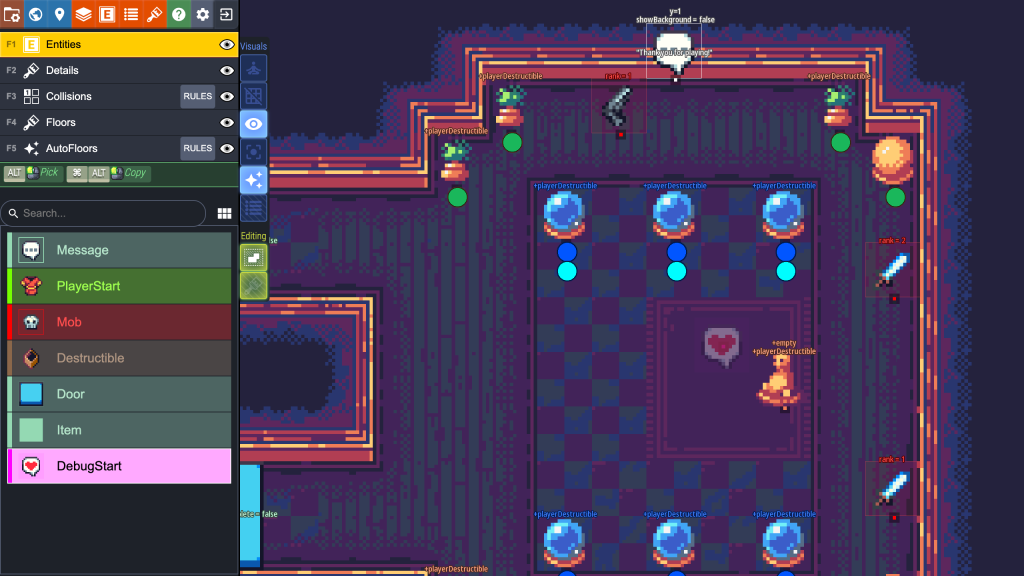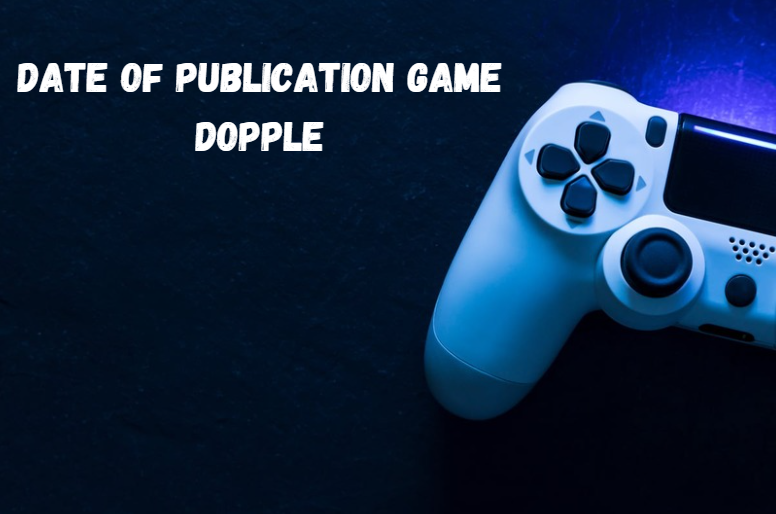Exploring GitHub IO Games: A Gateway to Online Gaming and Development

GitHub IO Games represent a fascinating intersection between online gaming and open-source development. Leveraging the power of GitHub Pages, developers have created a variety of engaging and innovative games accessible directly through web browsers. This article explores the concept of GitHub IO Games, their development process, notable examples, and the impact they have on both gaming and programming communities.
Table of Contents
ToggleWhat Are GitHub IO Games?
GitHub IO Games are web-based games hosted on GitHub Pages, a feature of GitHub that allows users to publish web content directly from a GitHub repository. These games utilize HTML, CSS, and JavaScript to provide interactive and entertaining experiences accessible via a simple URL. The term “IO” often signifies real-time, multiplayer, or browser-based games, drawing from the success of games with similar naming conventions.
The Role of GitHub Pages
GitHub Pages is a service that enables users to host static websites directly from their GitHub repositories. For game developers, this platform offers a cost-effective and straightforward way to deploy web games without needing to manage a separate web hosting service. By pushing game files to a GitHub repository and configuring GitHub Pages, developers can make their games available to the public with minimal effort.
Development of GitHub IO Games
Key Technologies
GitHub IO Games primarily rely on web technologies to deliver gameplay experiences. The core technologies involved include:
- HTML (Hypertext Markup Language): Used to structure the game’s content and create the basic layout.
- CSS (Cascading Style Sheets): Applied for styling the game’s visuals, including colors, fonts, and positioning.
- JavaScript: The backbone of interactive elements and game logic, enabling real-time responses and dynamic content.
Development Process
Creating a GitHub IO Game typically involves several key steps:
- Conceptualization: Defining the game’s concept, mechanics, and objectives. This phase includes planning the gameplay, designing levels, and outlining user interactions.
- Design: Developing the visual and audio elements of the game. This includes creating graphics, animations, and sound effects that align with the game’s theme and style.
- Implementation: Writing the code for the game’s functionality using HTML, CSS, and JavaScript. This step involves building the game’s core mechanics, implementing user controls, and managing game states.
- Testing: Playing the game to identify and fix bugs or issues. This phase ensures that the game runs smoothly and delivers a satisfying experience.
- Deployment: Publishing the game on GitHub Pages. This involves pushing the game’s files to a GitHub repository and configuring GitHub Pages to serve the game.
- Promotion: Sharing the game with the community through social media, forums, and other channels to attract players and gather feedback.
Notable Examples of GitHub IO Games
1. “2048”
“2048” is a popular puzzle game that challenges players to combine numbered tiles to reach the number 2048. The game is renowned for its simple yet addictive gameplay, and many versions have been created and hosted on GitHub Pages. These versions often include custom features, different themes, and variations on the classic gameplay.
2. “Flappy Bird Clone”
Inspired by the viral hit “Flappy Bird,” many developers have recreated this challenging game on GitHub Pages. The game involves navigating a bird through a series of pipes by tapping the screen to make the bird fly. These clones often feature variations in graphics and difficulty, showcasing the creativity of developers using GitHub IO.
3. “Snake Game”
The classic “Snake Game,” where players control a snake that grows longer as it eats food while avoiding collisions with walls or itself, has also found its way to GitHub Pages. Developers have recreated this iconic game with various twists, including different themes, controls, and levels of complexity.
4. “Tic-Tac-Toe”
The timeless game of “Tic-Tac-Toe” has been implemented in numerous ways on GitHub Pages. Developers often use this simple game as an opportunity to demonstrate programming skills or experiment with game mechanics. Variations may include AI opponents, different board sizes, and unique visual styles.
The Impact of GitHub IO Games
Fostering Creativity and Learning
GitHub IO Games provide a valuable platform for aspiring game developers to showcase their creativity and technical skills. By using GitHub Pages, developers can share their work with a broad audience and gain feedback from the gaming community. This exposure can lead to new opportunities and collaborations, fostering growth and learning within the development community.
Promoting Open Source Development
The open-source nature of GitHub encourages collaboration and knowledge sharing. Many GitHub IO Games are developed with an open-source approach, allowing others to view, modify, and contribute to the code. This collaborative spirit helps improve game quality and fosters a sense of community among developers.
Enhancing Accessibility
Hosting games on GitHub Pages makes them easily accessible to a global audience. Players can enjoy these games directly in their web browsers without the need for downloads or installations. This accessibility promotes inclusivity and allows more people to experience and enjoy the games.
Challenges and Considerations
Performance Limitations
While GitHub Pages is a convenient platform for hosting static web content, it has limitations in terms of performance and server-side processing. Games that require extensive real-time interactions or complex computations may encounter performance issues. Developers must optimize their code and design games that work well within these constraints.
Security Concerns
As with any web-based platform, security is a concern. Developers must ensure that their games do not have vulnerabilities that could be exploited. Best practices include validating user inputs, avoiding the inclusion of sensitive data, and keeping dependencies up to date.
Discoverability
With many games hosted on GitHub Pages, standing out can be challenging. Developers need to actively promote their games and engage with the gaming community to attract players and build a following. Leveraging social media, gaming forums, and developer communities can help increase visibility.
Conclusion
GitHub IO Games represent a unique and exciting aspect of the online gaming landscape. By utilizing GitHub Pages, developers can create and share web-based games with minimal cost and effort. The platform fosters creativity, open-source collaboration, and accessibility, making it an invaluable tool for game development. As more developers explore the possibilities of GitHub IO, we can expect to see a continued influx of innovative and engaging games that captivate players and push the boundaries of web-based gaming.













Post Comment